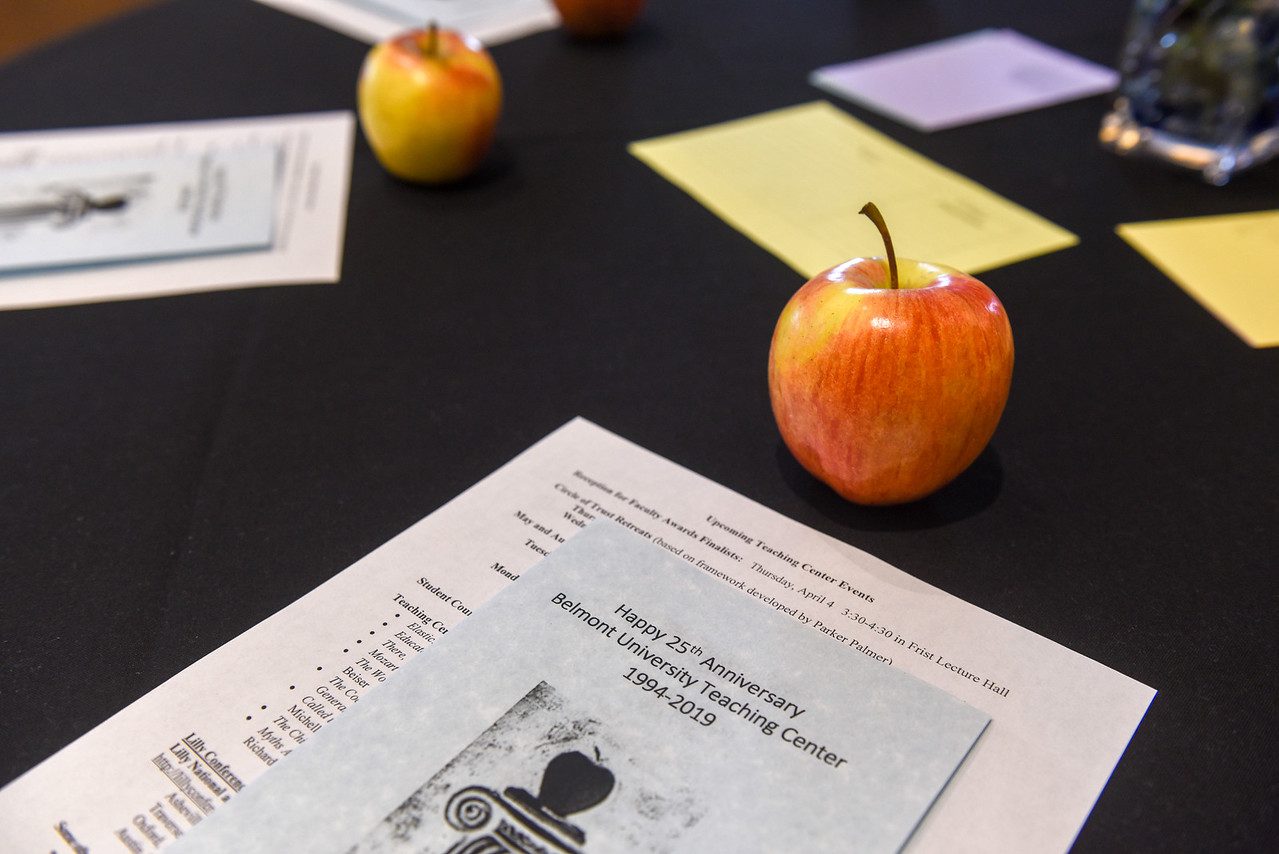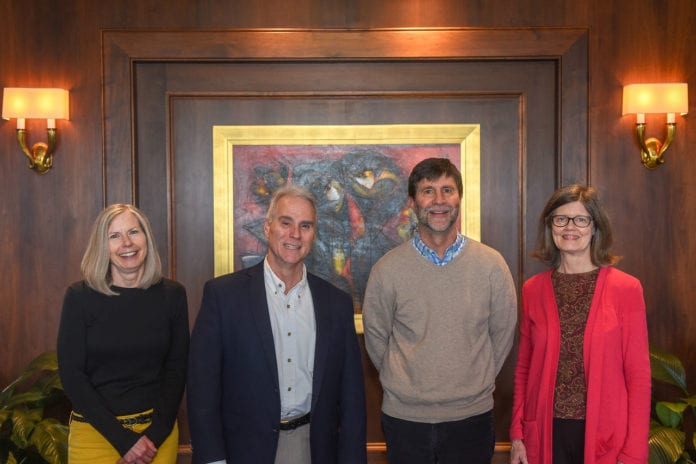Established in 1994, the Belmont University Teaching Center has been working hard to provide services faculty for 25 years. Aimed at supporting faculty in their learning about the art of teaching, the Center has resources and opportunities for continuing professional development.
The beginning of the Teaching Center starts with the late Dr. Mike Awalt, professor of philosophy, who led the discussions and planning surrounding its origin. After two years of conversations, Belmont received a grant for funds to officially start the Teaching Center, and Awalt was named its founding director. The goal at its founding was for the center to encourage and support faculty on Belmont’s campus in their efforts towards continuing work on the art and craft of teaching. This goal is something the Center has continued to work towards for the last 25 years.

Having gone through several location changes as the University grows, the Teaching Center has also gone through internal changes that have helped it adapt to the ever growing campus.
As Belmont has grown significantly in population in the last 25 years, the Center has also adapted to serve more faculty, and in new programs.
As new majors and schools were introduced, the Teaching Center has worked to adapt to serve all faculty at Belmont. The center now serves more than 400 full-time faculty members, in addition to serving adjunct professors and other academic support staff. An assistant director position was added, and the role of director was changed to have more of a permanent status.
Among the Teaching Center’s purposes is support of full-time faculty members during their first year at Belmont. The center assists with the development and implementation of an August orientation for them and continues support with seminars throughout their first year. In addition to support for first-year full-time faculty, the Teaching Center organizes workshops and further professional development opportunities for all faculty members, often including notable guest facilitators. Other resources provided for faculty include grants to participate in conferences related to teaching, lunch discussion groups, reading groups and individual teaching consultations.
Through its 25 years the Teaching Center has had six directors, most serving in the role for three years. Current director, Dr. Mike Pinter, professor of mathematics, has been involved with the center since its early days.
“I was immediately drawn to what was offered and the ongoing conversation about teaching and learning that the Teaching Center engendered,” said Pinter. “After serving as an associate dean, I realized that I enjoyed working directly with faculty members in addition to teaching my students. When the opportunity to serve as Teaching Center director came my way in 2003, the timing was good for me to work directly with faculty in that role.”
Returning as director in 2012, Pinter has been able to develop the Teaching Center and work towards carrying on current programs as well as look for more opportunities in the future to help faculty develop teaching and learning ideas. An important ongoing goal of the Center is “attending carefully and intentionally to inclusion and diversity” in their efforts for faculty and also the students they serve.
Looking back at his involvement with the Teaching Center, Pinter feels the center has impacted him as an educator and helped him focus on his own teaching.
“In my early career, the Teaching Center was instrumental in expanding my perspective on and understanding of teaching,” Pinter said. “Through Teaching Center activities, I gained a strong community of fellow teachers who were committed to constant improvement in their work with students.”
From its earlier days to its current ones 25 years later, the Teaching Center is committed to making Belmont a better place, for both faculty and the students they teach. Pinter is honored to be a part of the Teaching Center and how it has given him “the privilege to see the incredible commitment to innovative teaching demonstrated on a regular basis by faculty from across campus.”



